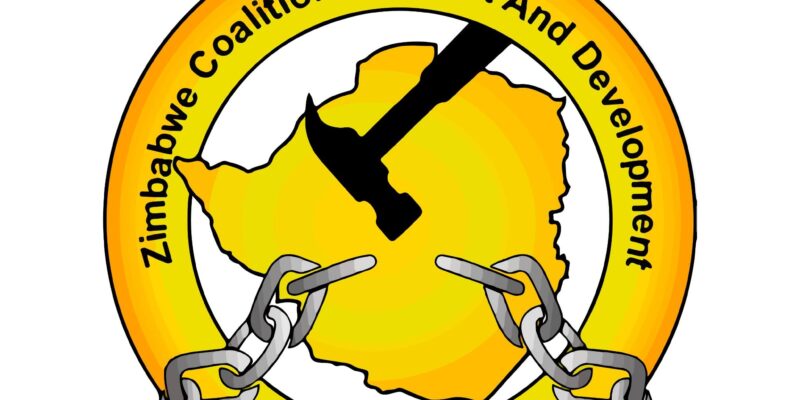The Zimbabwe Coalition on Debt and Development (ZIMCODD) has issued a critical review of the 2025 Monetary Policy Statement (MPS),https://us.docworkspace.com/d/sIJ2aj5FQzaunvQY?sa=601.1094 raising concerns over transparency, financial inclusion, and the impact of the Reserve Bank of Zimbabwe’s (RBZ) tight monetary policies on ordinary citizens and businesses.
While acknowledging the RBZ’s efforts to stabilize inflation and strengthen the ZiG currency, ZIMCODD warns that the policyhttps://t.co/QVKGeHAuFV may disproportionately benefit financial elites while neglecting vulnerable communities.
One of the key concerns raised is the lack of transparency in the Willing-Buyer, Willing-Seller (WBWS) foreign exchange market. The current system, according to ZIMCODD, remains opaque and vulnerable to elite capture and arbitrage. “RBZ must publish detailed, real-time forex market data, including transaction volumes, exchange rates, and beneficiaries,” the organization urged.
by Elleanor Chard
Additionally, it called for independent audits of RBZ’s gold reserves and forex interventions to ensure public accountability.
The reduction of exporters’ forex retention from 75% to 70% is another sticking point. While this measure is intended to boost RBZ’s reserves, ZIMCODD warns it may discourage investment in the export sector. “Reducing forex retention for exporters could lead to lower production, fewer jobs, and reduced foreign currency inflows,” the report states.
The organization recommends a differentiated retention structure, allowing small-scale exporters, such as artisanal miners and agro-producers, to retain at least 80% of their earnings while large corporations contribute more to reserves.
The RBZ has maintained its bank policy rate at 35% to keep inflation in check, a move that ZIMCODD argues could stifle economic growth. “While a tight monetary stance may help control inflation, it disproportionately hurts small businesses, farmers, and informal sector workers,” the organization noted.
It proposes special low-interest credit facilities for SMEs and informal traders to ensure continued access to finance.
ZIMCODD’s review also highlights the need for pro-poor monetary policies, particularly in addressing cost-push inflation and food security. The organization suggests the creation of a “People’s Food Security Reserve,” which would be funded by RBZ’s forex reserves to ensure affordable maize, wheat, and other staples. Furthermore, it recommends government subsidies for smallholder farmers to reduce input costs, rather than focusing solely on exchange rate stability.
A critical concern raised in the review is the apparent disconnect between RBZ’s tight monetary policy and the government’s expansionary fiscal spending. “RBZ’s restrictive stance contradicts the government’s aggressive infrastructure spending. Without proper coordination, this could lead to inflationary pressures,” ZIMCODD cautioned. The organization advocates for a clear national debt strategy and the establishment of a Parliamentary Oversight Committee on Monetary Policy to ensure alignment between monetary and fiscal policies.
While acknowledging RBZ’s efforts to stabilize the economy, ZIMCODD argues that the 2025 MPS prioritizes stability at the expense of economic justice. “The monetary policy must work for all Zimbabweans, not just the financial elites,” the organization emphasized. To achieve this, it proposes measures such as fair access to forex for ordinary citizens, wage protections against ZiG devaluation, and capping service fees on forex remittances.
As Zimbabwe navigates its economic challenges, ZIMCODD’s recommendations serve as a crucial call for a more transparent, inclusive, and equitable monetary policy framework. Whether RBZ heeds these calls remains to be seen, but for now, the debate over economic justice and financial accountability is far from over.














Comments